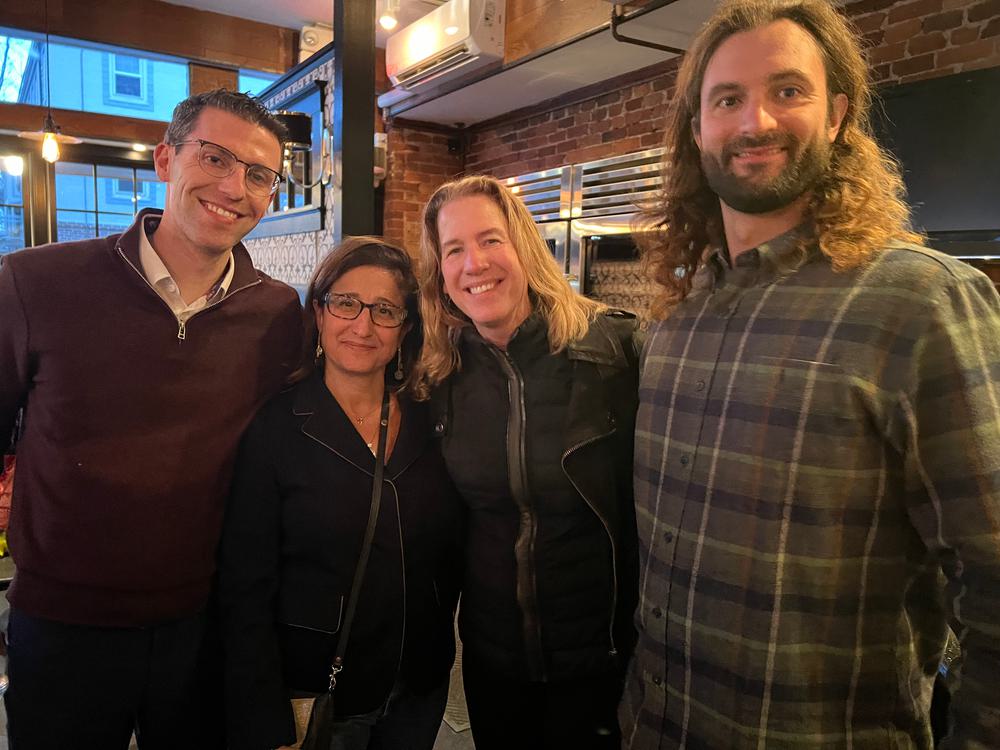Science stumbles more than it strides, cultivating a community undeterred by challenges. Lamya Shihabuddin, Chief Scientific Officer (CSO) of Flagship-founded Montai Therapeutics, takes this mindset further, seemingly relishing the intellectual gymnastics required to expand the frontier of knowledge. In a single word, “fun,” she describes the obstacles inherent to a career at the forefront of biology. Her response also captures the optimism, resilience, and passion with which she has worked to translate research into tangible benefits for patients. Her leadership and dedication led to the first disease-modulating therapy for a tragic rare disease, pivotal experience she now brings to Montai.

She didn’t, however, always envision herself as a scientist let alone a pioneer in the field of biology. Her aspiration, instead, was more expansive, wanting to make the world around her better and, as she puts it, “never wanting to be a bystander.” Growing up during the Lebanese Civil War and seeing the externalities on employment, she recognized the consistent need for healthcare and sought a career path that would provide both security and a meaningful way to assert her agency.
Drawn to the complexities of the brain, she left Lebanon for the first time to attend the University of Miami’s nascent neuroscience PhD program as one of its inaugural students. “The first year I came was really hard,” she recalls. “I came during a war, so I couldn't communicate with my family except with letters. The phones didn't work, so I was totally disconnected from my whole community.”
Persevering, Lamya continued her doctoral program, which introduced her to translational science. Working with The Miami Project to Cure Paralysis, she saw firsthand how cutting-edge discoveries could be applied in the clinic. “I was in the midst of using cell therapy to replace neurons in the brain for neurodegenerative diseases. Because in the brain, in all diseases, once neurons are lost, they are lost,” she says.

Her first step outside of academia was at Genzyme, an experience she describes as formative. “Genzyme was different,” she recalls. “It literally allowed me to test hypotheses in a way that felt like an academic environment but with a translational spin. As long as you felt the hypothesis would lead to a therapeutic strategy for patients, they were willing to fund it.” There, she built and led a small neuroscience team, establishing a diverse pipeline for rare neurological diseases, including spinal muscular atrophy (SMA), amyotrophic lateral sclerosis (ALS), and Huntington's disease.
A pivotal partnership with Ionis Pharmaceuticals would bring Lamya’s aspiration to alleviate hardship to fruition as Spinraza, an antisense oligonucleotide that became the first approved therapy for SMA, the leading genetic cause of death in infants and toddlers. “My role was in discovery,” Lamya explains. “In collaboration with Ionis, we conceived the idea and married the technology to the disease indication, then tested it.” Along with the preclinical package, her team applied the novel technology to SMA, work for which she was granted multiple patents. She says this humbling and gratifying experience validated for her that what you do every day can make a difference.
